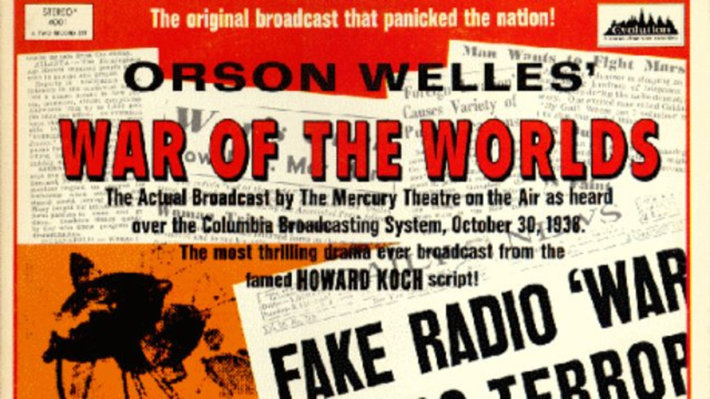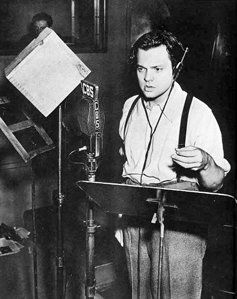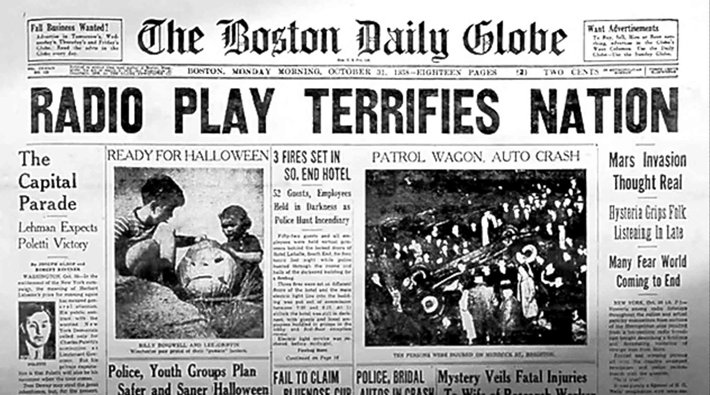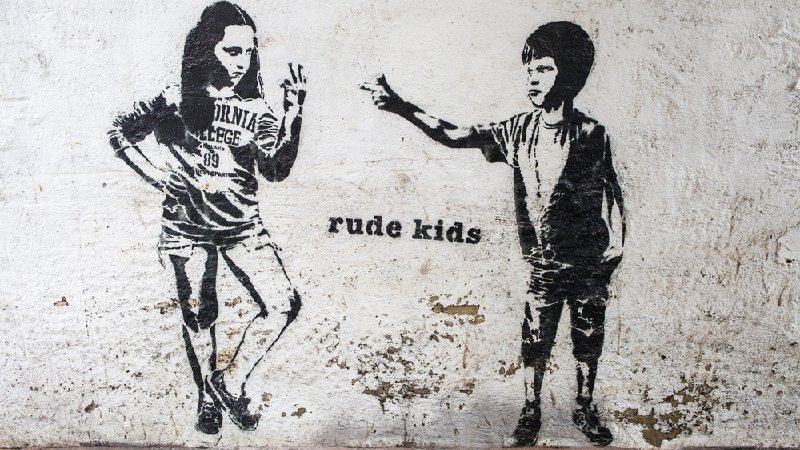
-
HOME
-
WHAT IS STANDOur Mission Our Values Our Help Contact
-
WHAT WE FIGHT FORReligious Freedom Religious Literacy Equality & Human Rights Inclusion & Respect Free Speech Responsible Journalism Corporate Accountability
-
RESOURCESExpert Studies Landmark Decisions White Papers FAQs David Miscavige Religious Freedom Resource Center Freedom of Religion & Human Rights Topic Index Priest-Penitent Privilege Islamophobia
-
HATE MONITORBiased Media Propagandists Hatemongers False Experts Hate Monitor Blog
-
NEWSROOMNews Media Watch Videos Blog
-
TAKE ACTIONCombat Hate & Discrimination Champion Freedom of Religion Demand Accountability
Scientology and the War of Two Worlds
It was 1938. Adolph Hitler (Time Magazine’s “Man of the Year”) had begun dropping in on his neighbors without an invitation. It was also the year that a 23-year-old genius actor-director named Orson Welles had a bright idea. He decided to punch up the drama on the radio show The Mercury Theatre on the Air, which did dramatizations of classic novels.

For his show on Oct. 30, 1938, Orson’s idea was to dramatize the 1897 H. G. Wells sci-fi novel War of the Worlds as a series of breaking news alerts about a Martian invasion. As the story goes, the effect was so realistic that half the country went into a panic, calling the police, grabbing guns, hunting for Martians, jumping out of windows, etc.

News reports sensationalized the panic as “a wave of mass hysteria” with stories of mass panic and death that resulted from the broadcast. However, once the dust had settled, as usual, the only real mass hysteria was in the media. When the numbers were finally crunched, only about 2 percent of the radio audience was listening to the show in the first place, and the majority of those took it for the entertainment that it was intended to be.
I remember this broadcast being taught in high schools as an object lesson in public gullibility—an admonition not to be fooled by media reports. The fact that the object lesson didn’t sink in is itself an object lesson in human nature. It shows that a certain percentage of people will panic at pretty much anything if you spin it the right way.
Orson Welles’ War of the Worlds broadcast also turned out to serve as a time-tested template for the news and entertainment media on capturing public attention, selling ad space, spinning any story in any direction they wish and generally leading people around by the nose.

Fast forward to 2016-17, and I find myself in a snit about a media panic piece on Scientology (you know, the one where 10 people who were kicked out claim to be smarter than millions who weren’t? The one where they gripe about problems that happened 30 years ago, caused by people who were also kicked out? Yeah, that one). That is, until I started to crunch the numbers. The most watched show in the series has less than 0.8 percent of the adult U.S. population tuning in. After that the numbers began to fall off.
So why the expenditure of millions by corporate elites to silence one religious philosophy and create the illusion of a problem where none exists?
Now to the media that might seem a big audience share… to the media… In the real world less than 1 million people (about the population of San Jose, CA) out of 115 million (the rest of the country) in the highly valued 18-49 demographic in the U. S. bothered to watch the show. Less than one percent. So what am I worried about? This is the percentage of radio listeners that marched off to fight Martians in 1938. It’s just about right for the percentage of the population that one can expect to be addicted to drama, panic and paranoia. The ones who will believe anything as long as you make it sound “bad.”
So why the expenditure of millions by corporate elites to silence one religious philosophy and create the illusion of a problem where none exists?
The applied religious philosophy known as Scientology emphasizes and promotes independence over dependence. That includes dependence on drugs, the media, economics, “authority” in general and just about any other influence which would, to any degree, enslave the mind of the individual. Fear, anger, hatred, depression, drama and ignorance to name a few more. The majority of the practice of Scientology dissolves dependencies an individual may suffer, restoring an individual’s native creativity and enthusiasm for living life.
On the other hand, many corporate elites of the world are (erroneously) taught that their very survival rests on the creation of dependence within the general population, as opposed to creative interaction. This, to put it mildly, creates a problem between corporate media, various business interests, and Scientology.
Make no mistake. The few who fight Scientology are engaged in a war between two philosophies: dependence vs. independence, blind obedience vs. responsibility, passiveness vs. creativity, apathy vs. action, fear vs. fascination, blind belief vs. discovery, doubt vs. confidence, superstition vs. understanding. It’s a war in which everyone has a stake and no one, ultimately, has the luxury of remaining neutral.









